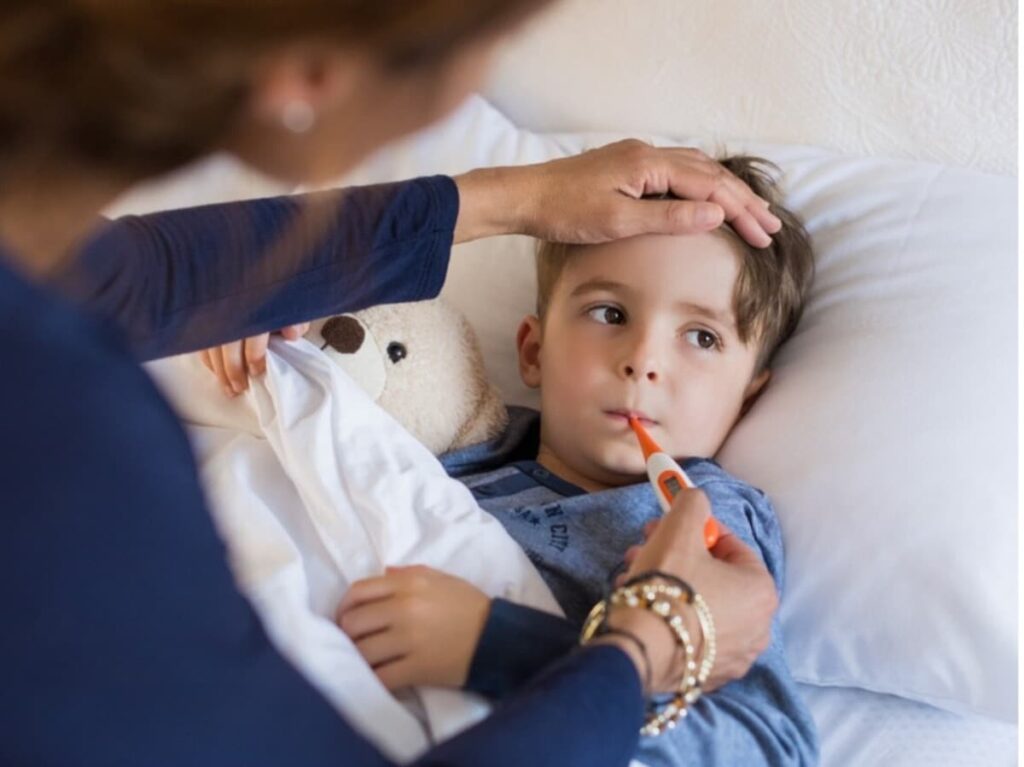While you may appear impeccable from the outside, certain hygiene-related practices can potentially affect your health adversely. If you notice that members of your household frequently fall ill, it might be time to reassess and modify some of your daily habits. This article explores essential hygiene practices and offers actionable tips to foster a healthier living environment.
Understanding the Importance of Hygiene
Hygiene is not merely about looking clean; it significantly impacts our overall health and well-being. Poor hygiene can contribute to the spread of illnesses, infections, and even chronic health conditions. By implementing proper hygiene practices in your home, you not only protect yourself but also the health of your loved ones.
Common Hygiene Practices to Monitor
| Hygiene Practice | Importance | Recommended Frequency |
|---|---|---|
| Hand Washing | Reduces the spread of germs | Before meals, after using the restroom |
| Cleaning Surfaces | Eliminates pathogens on high-touch areas | Daily |
| Dish Washing | Prevents foodborne illnesses | After each meal |
| Laundry | Removes allergens and bacteria from clothes | As needed, typically weekly |
Behavioral Changes to Improve Hygiene
- Encourage Regular Hand Washing: Teach children and family members the importance of washing hands, especially before meals and after returning home.
- Designate a Cleaning Schedule: Create a weekly cleaning plan to ensure surfaces, bathrooms, and high-traffic areas are consistently sanitized.
- Use Antibacterial Products: Invest in quality cleaning supplies that are effective against a variety of germs, especially in kitchens and bathrooms.
- Maintain Personal Hygiene: Encourage family members to shower regularly, keep nails trimmed, and practice dental hygiene.
Creating a Healthy Home Environment
Aside from personal hygiene, the cleanliness of your home plays a crucial role in maintaining a healthy living environment. Here are some tips to ensure your home is a safe haven:
- Avoid Clutter: A clutter-free environment is not only more aesthetically pleasing but also easier to clean and organize.
- Ventilation: Ensure your home is well-ventilated to reduce moisture and prevent mold growth, which can lead to respiratory issues.
- Regular Pest Control: Implement strategies to keep pests at bay, as they can carry diseases and contaminate food.
Conclusion
Maintaining strong hygiene practices within the home is essential for promoting health and preventing illness. By being proactive and making simple behavioral changes, you can create a safer and healthier environment for yourself and your family. Prioritizing hygiene should become an integral part of your daily routine, helping to ensure that you and your loved ones enjoy a long and healthy life.
